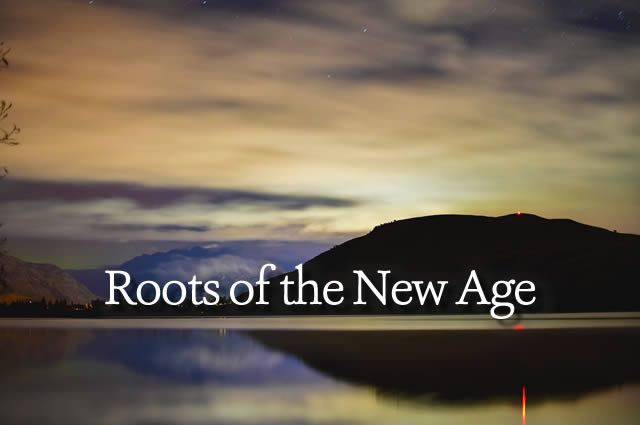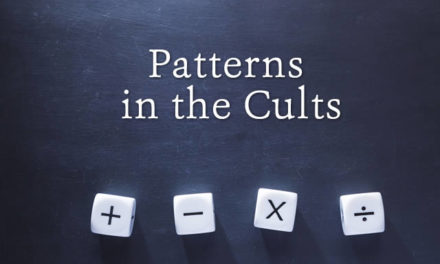HINDUISM
Hinduism is a pantheistic religion which teaches, despite its plurality of gods, that all beings have within them the atman, or universal soul. The atman can merge with Brahma, the impersonal absolute that is the infinite of which all are a part.
Life is governed by the law of karma, the law of cause-and-effect which holds that all negative actions must be remedied through subsequent good actions. Because one lifetime is never sufficient for eradicating the residual bad karma that remains at death, beings are reincarnated until they achieve moksa and are released from the cycles of karma and rebirth.
BUDDHISM
Buddhism is a pantheistic religion that developed as a reform of Hinduism. While maintaining teachings that are similar to the Hindu understanding of Brahma, karma, and rebirth or reincarnation, Buddhism emphasizes a very different type of mysticism.
Buddhists believe that life consists of suffering brought on by selfish desire. Selfish desire is overcome by following the Eightfold Path, which includes correct mindfulness (an awareness that all is one) and correct meditation.
TAOISM
Taoism teaches that the tao, a life-giving energy that exists in all things. Part of the tao are the yin and yang, elements of light and dark (or good and evil) that are present in all beings. These elements, rather than existing as opposites or absolutes, exist in a universal harmony. Furthermore, because all things continually change, yin can become yang, and vice versa. Thus, the central focus of life is to recognize the continually evolving harmony of the universe.
GNOSTICISM
The Gnostics were a heretical offshoot of Christianity in the first and second centuries who taught that humans have a divine spark within them that, when properly nourished through increased knowledge or gnosis, can be ignited and leads the individual into union with the divine.
The New Age typically follows those Gnostics who believed that Jesus, rather than being the unique Messiah and God, was a normal man who became a Christ and taught his disciples the esoteric knowledge needed to unite with the divine (it should be noted that many Gnostics believed that Jesus was a god, but not the God of the Old Testament).
By David Henke



